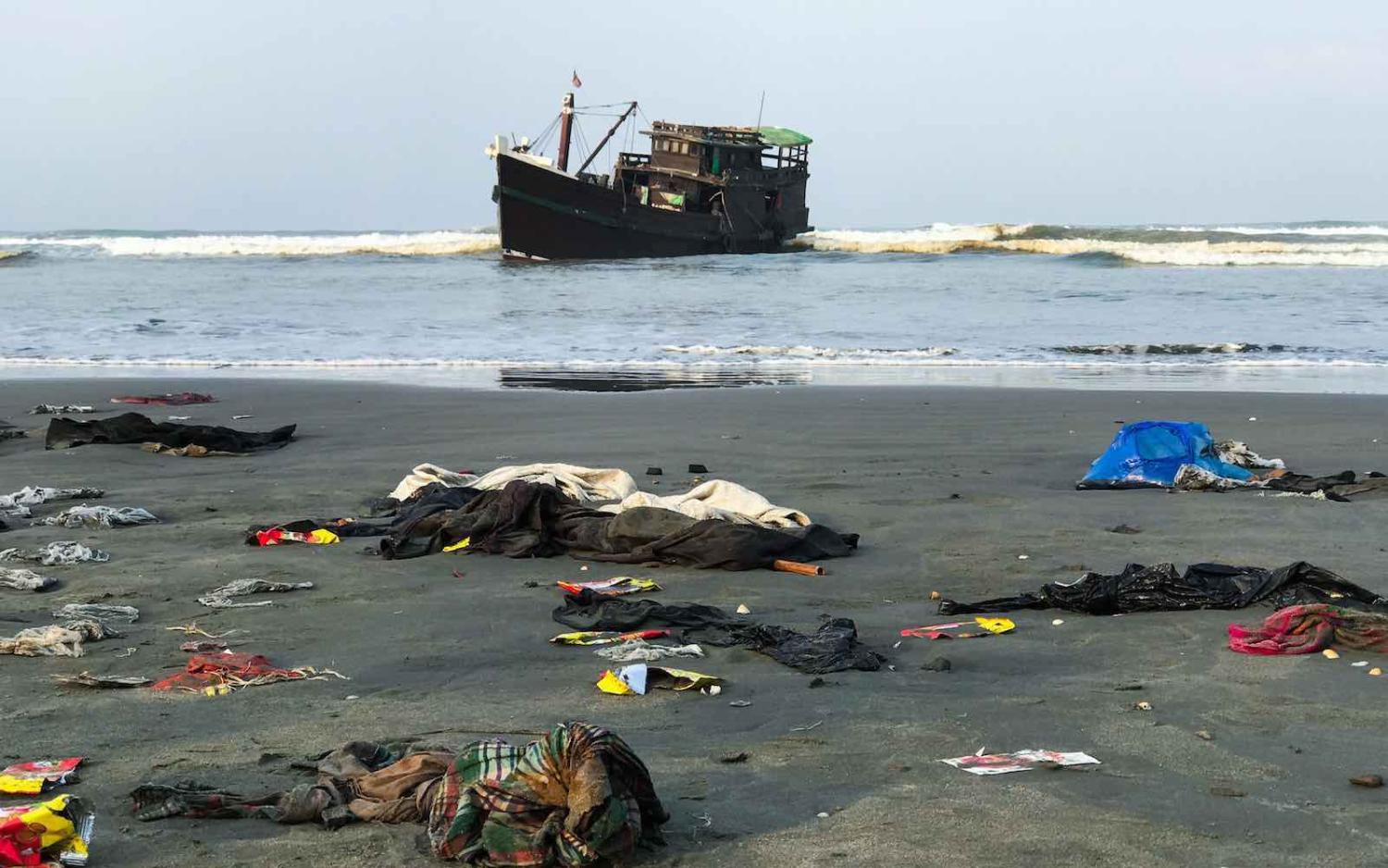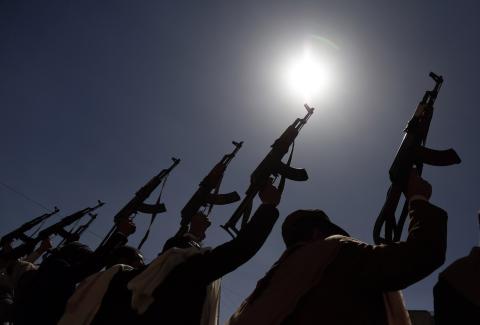On 26 June, leaders of the Association of Southeast Asian Nations (ASEAN) will meet virtually for their 36th semi-annual summit. The meeting is expected to include a focus on the re-opening of borders and economies post-pandemic, as well as discussions about the continuing tensions in the South China Sea and progress against the ASEAN 2015–2025 Community Building Blueprints.
For ASEAN, the summit comes at a critical time. Since the mid 1970s, ASEAN has progressively increased its clout as a credible regional organisation, but today this centrality is threatened by shifting regional dynamics. Major powers within and outside the region have proposed the establishment of alternative regional frameworks: Australia’s proposal for an Asia-Pacific Community, the notion of the Indo-Pacific region, and what became the Comprehensive and Progressive Agreement for Trans-Pacific Partnership, involving some ASEAN member states but not ASEAN as a regional organisation. With ASEAN members interacting more independently with external partners and trading regimes, the importance of a Southeast Asian regional association is arguably diminished.
And now, as ASEAN leaders prepare for next week’s summit, one of its member states – Myanmar – is preparing its defence against allegations of genocide brought by the state of Gambia before the International Court of Justice. Simultaneously, the International Criminal Court is investigating allegations that Myanmar’s senior authorities forcibly deported and persecuted the Rohingya people.
In explaining the ASEAN stance on the Rohingya crisis, much has been made of the “ASEAN Way” – the principles of sovereignty, non-interference and consensus decision-making enshrined in numerous ASEAN agreements and declarations.
Running in parallel with these developments in international justice has been a tide of international condemnation and sanctions against Myanmar, related to its violence against the Rohingya ethnic minority. The UN Secretary General, the Security Council and the General Assembly have all expressed concern, and the US, Canada and the EU have imposed sanctions.
ASEAN, meanwhile, has not issued a single statement acknowledging the allegations against Myanmar. The ASEAN Chairman’s Statements and the Foreign Ministers’ Joint Communiques have made reference to the Rohingya situation, but have consistently expressed support for the Myanmar government and reiterated ASEAN’s expectation that Myanmar’s own Commission of Inquiry will impartially investigate human rights violations – something the UN fact-finding mission has said is impossible.
In explaining the ASEAN stance on the Rohingya crisis, much has been made of the “ASEAN Way” – the principles of sovereignty, non-interference and consensus decision-making enshrined in numerous ASEAN agreements and declarations. Many ASEAN commentators see these principles as insurmountable.
But the reality is that ASEAN has engaged with the domestic affairs of its member states, and Myanmar, in particular. In 2005, ASEAN was sufficiently concerned by external criticism of human rights violations in Myanmar to pressure Myanmar to forfeit its role as ASEAN chair. In 2007, Singapore’s Foreign Minister issued a statement on behalf of ASEAN Foreign Ministers expressing “revulsion” over Myanmar’s crackdown on protests by Buddhist monks. In 2008, ASEAN leaders pressured Myanmar to accept ASEAN’s coordination of international aid in the wake of Cyclone Nargis. In short, history shows that ASEAN flexibly interprets its principles when its interests demand.
ASEAN leaders have made it clear how much they care about maintaining ASEAN’s centrality. In 2018, they agreed on “centrality and unity” as the first of ten key principles underscoring their vision of a “resilient and innovative ASEAN”. The 2019 ASEAN Summit Chairman’s Statement affirmed the need to “maintain ASEAN centrality and ASEAN’s role as the primary driving force in the regional architecture”, and the 2019 Foreign Ministers’ Joint Communique and the ASEAN Community Vision 2025 make similar statements. Vietnam has said that its top priority for its 2020 ASEAN chairmanship is “to advance ASEAN’s active role and contribution to the maintenance of regional peace, security and stability”.

Many former ASEAN diplomats have warned that ASEAN’s inaction on the Rohingya crisis is damaging its credibility. Former Thai Foreign Minister Kasit Piroy has suggested that ASEAN’s people might need to “look outside the region in their search for a moral standard and mechanism for redress”. Similarly, Marty Natelegawa, former Indonesian foreign minister, has observed that “when these issues are being discussed at the UN about human rights, ASEAN is not even being invoked”. Even some of ASEAN’s consensus statements reflect an awareness that it needs to do more to assert its relevance in relation to the Rohingya crisis – the 2020 Foreign Minister’s Press Statement, for example, “reaffirmed the need for ASEAN to be more visible” in addressing the needs in Rakhine State.
With the genocide cases against Myanmar and its senior officials progressing through the international justice system, ASEAN centrality is at stake. Far from advancing its own norms, ASEAN’s steadfast adherence to its principles of non-interference and consensus has internationalised the response, inspired groundbreaking pursuits for international justice and shown up ASEAN’s inadequacies. In 2008, prominent ASEAN scholar Jorn Dosch described the process by which ASEAN reached agreement on the establishment of the ASEAN Intergovernmental Commission for Human Rights. As negotiations came to a head, Vietnam, Laos and Burma were faced with a choice between abandoning ASEAN’s consensus-based decision-making principle, or agreeing to a human rights body. They opted for the latter, because they saw the abandonment of consensus-based decision-making as the “greater evil”.
Now, ASEAN faces a choice: ramp up pressure on Myanmar or take a back seat and allow the international community to take the lead in responding to a regional crisis. Even for the most steadfast adherents to the ASEAN Way, a situation-specific relaxation of the non-interference principle would surely be a lesser evil than having the organisation circumvented by international actors, leaving ASEAN on the sidelines.

